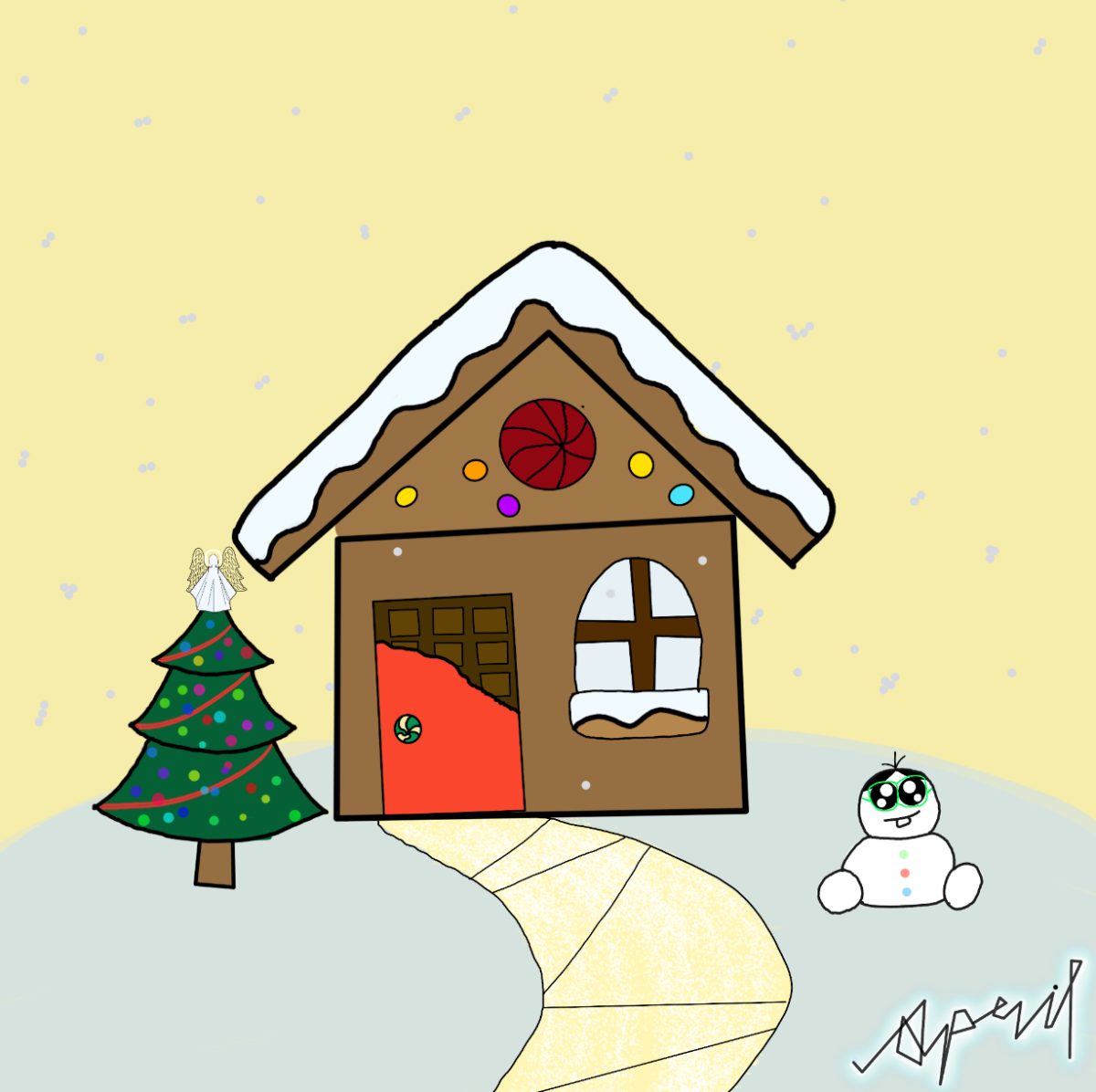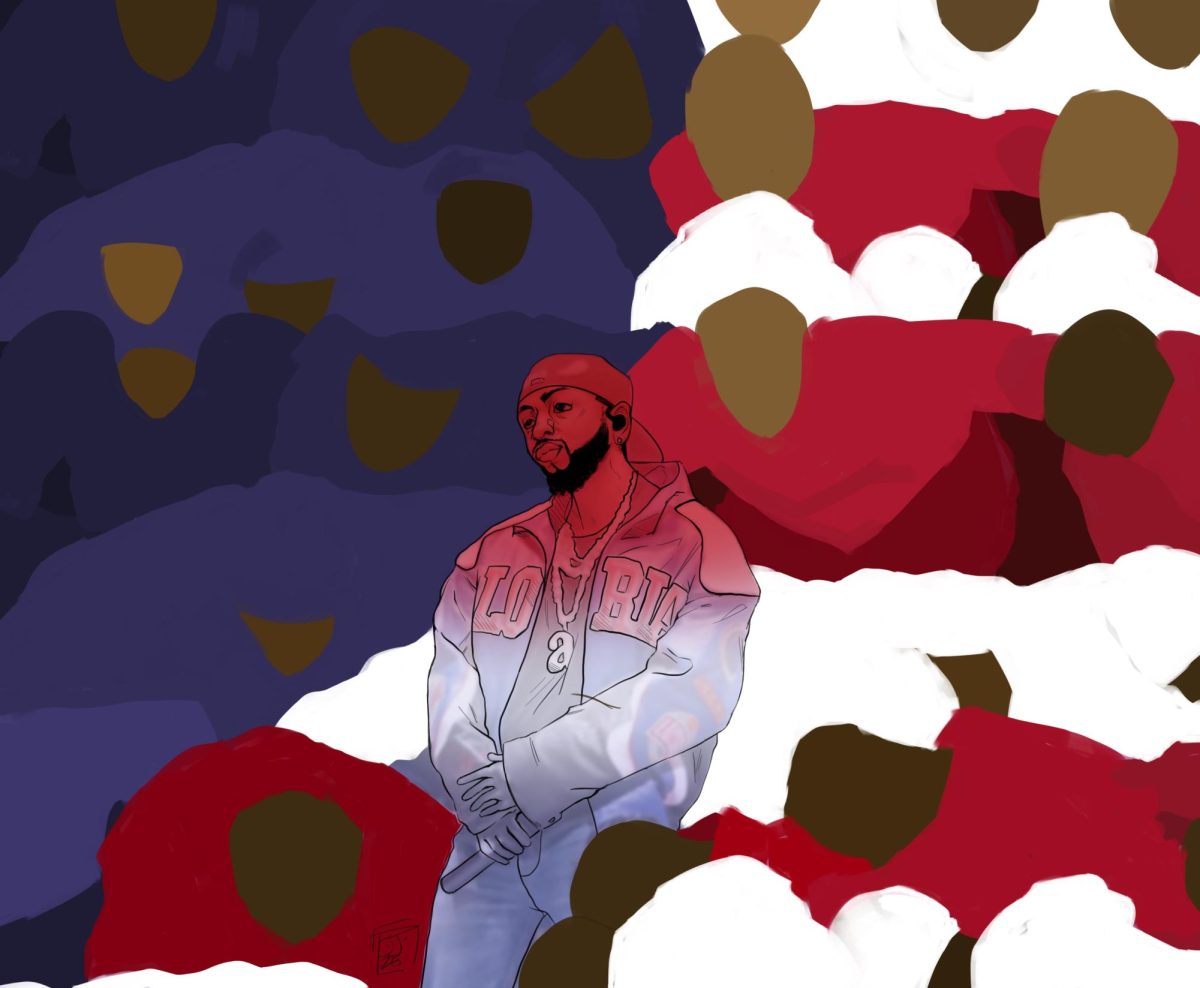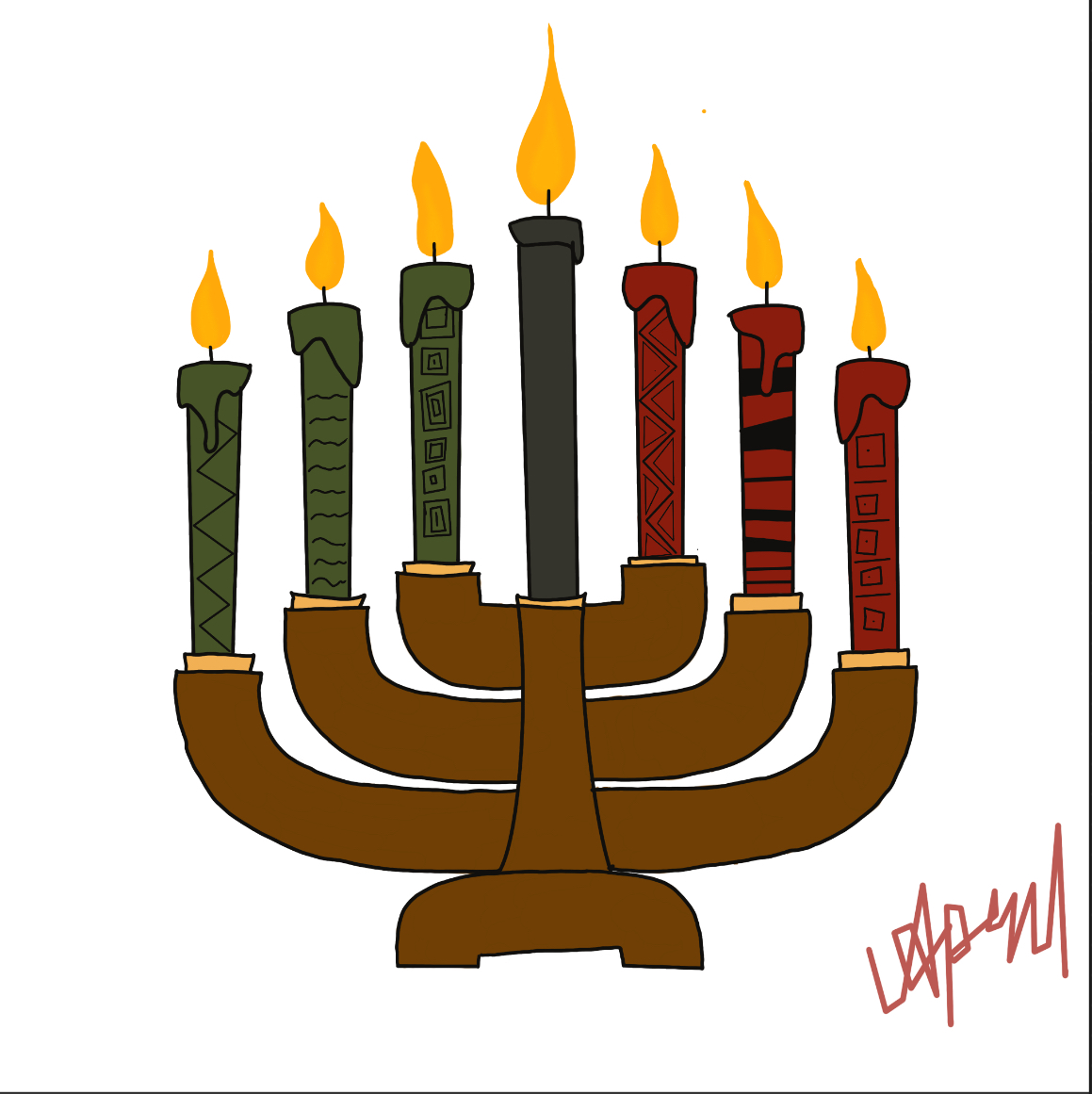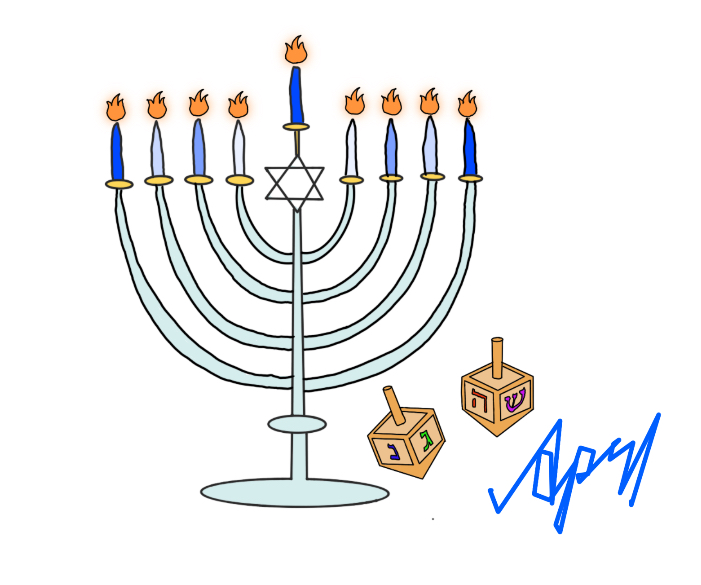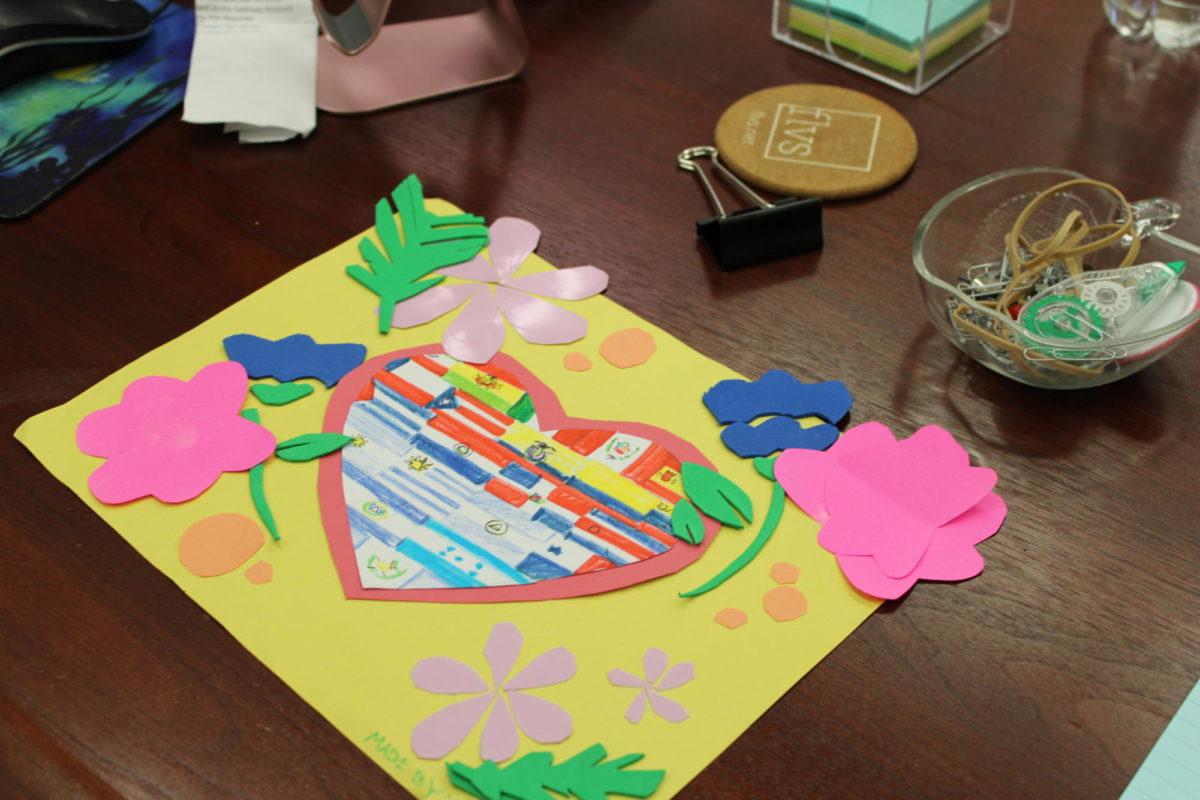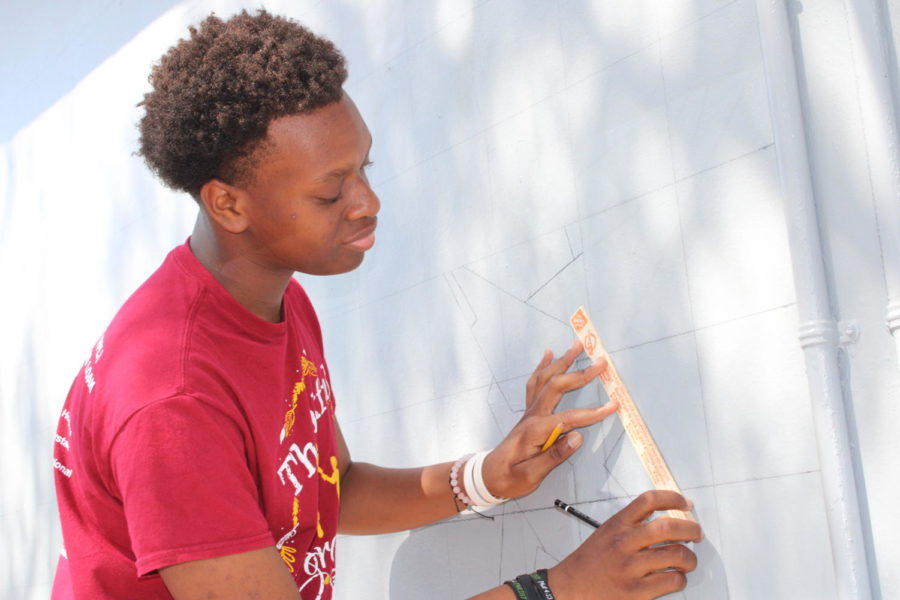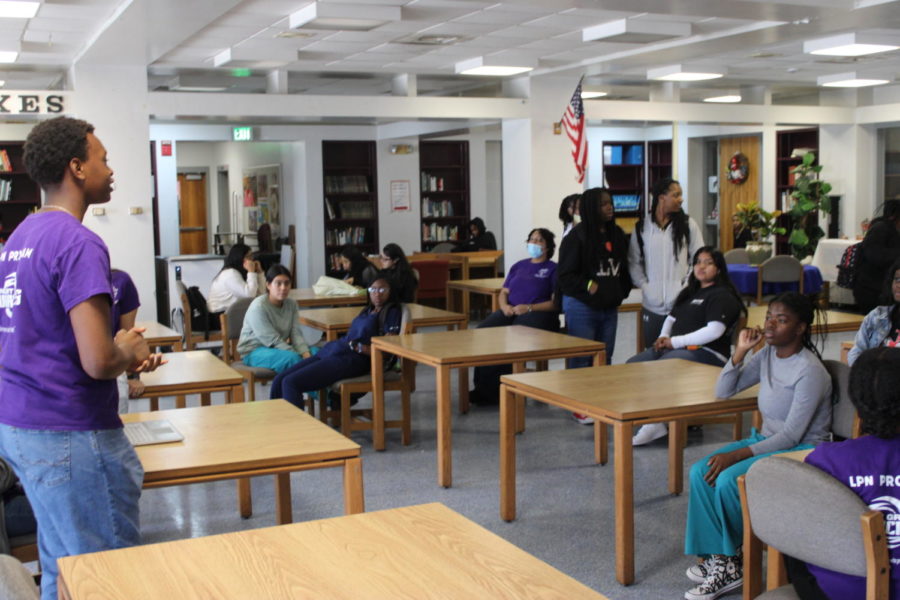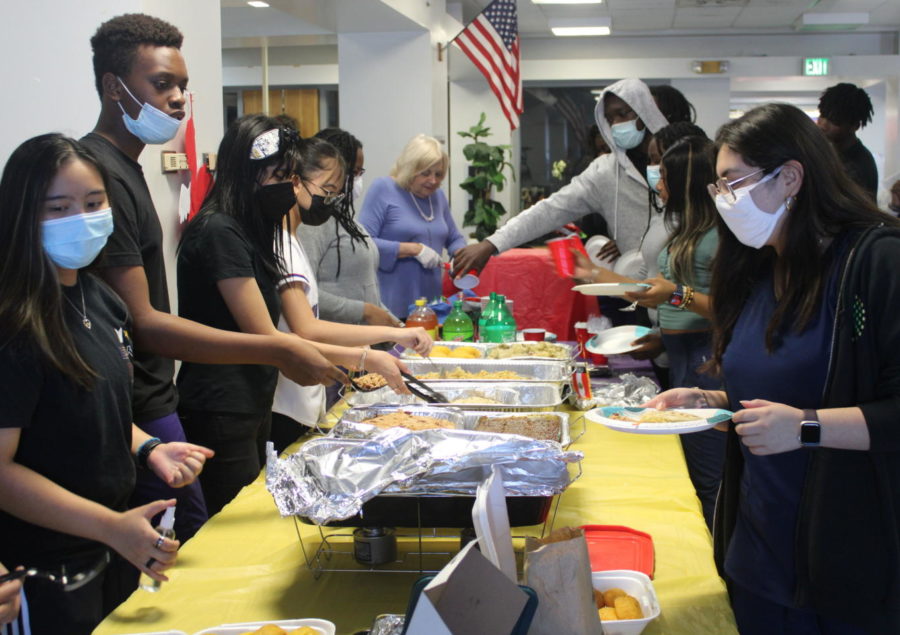Yule
Yule is a winter solstice festival with origins in Norse, Celtic, and Germanic traditions., celebrated from December 21- January 1st. It marks the rebirth of the sun and the turning of the year as the days begin to lengthen. Early celebrations honored gods like Odin and the natural cycles of the earth, which later influenced Christmas customs. Yule celebrates nature’s resilience and the promise of light in darkness. It’s a time of introspection, gratitude, and spiritual renewal, honoring the cycles of life and the interconnectedness of all things
some traditions are:
- Yule Log: A large log is burned in the hearth to symbolize warmth, protection, and the sun’s return. Today, Yule logs may also take the form of decorative cakes.
- Evergreens and Holly: Homes are decorated with greenery to represent everlasting life and renewal. Mistletoe is often used to encourage love and harmony.
- Feasting: Large communal meals celebrate abundance and the blessings of the harvest.
- Wassailing: Songs and toasts are offered to ensure good fortune in the coming year.
Christmas
Christmas, celebrated on December 25, rooted in Christian tradition, honors the birth of Jesus Christ, believed to be the Savior and Son of God. Early Christians adapted the date to coincide with Roman pagan festivals, like Saturnalia, to ease the transition to Christianity. Over centuries, it evolved into a worldwide holiday with both religious and secular elements. For non-religious people, Christmas is often a celebration of community, generosity, and togetherness, rooted in ancient pagan festivals like Yule and Saturnalia. It’s a secular holiday focused on traditions like decorating trees, exchanging gifts, and sharing meals. Many embrace it as a time to reflect on universal values like love, kindness, and gratitude, with modern symbols like Santa Claus and festive decorations adding to the joy. It can also mark the winter solstice, celebrating light and renewal.Many elements of Christmas, such as Santa Claus, reindeer, and snowmen, are secular symbols that add to the festive atmosphere. These provide a way for people of all beliefs to participate in the holiday. For Christians, Christmas represents hope, love, and salvation through the birth of Christ. For many others, it’s a celebration of family, generosity, and joy during the darkest time of the year.
Some traditions are:
- Religious Observances: Many Christians attend church services, including midnight Mass, to honor Jesus’s birth. Nativity scenes depict the story of Mary, Joseph, and baby Jesus in Bethlehem.
- non-religious individuals, Christmas can be a time of joy and connection, celebrated in ways that resonate personally, without the need for religious context.
- Gift-Giving: This mirrors the gifts brought by the Magi to Jesus and embodies generosity and love. Some even engaged in acts of kindness and charity
- Decorations: Homes are adorned with Christmas trees, lights, and ornaments. The use of evergreens symbolizes eternal life.
- Music and Food: Carols and festive meals bring families together, often featuring regional specialties. Enjoying music, movies, and events tied to the season


